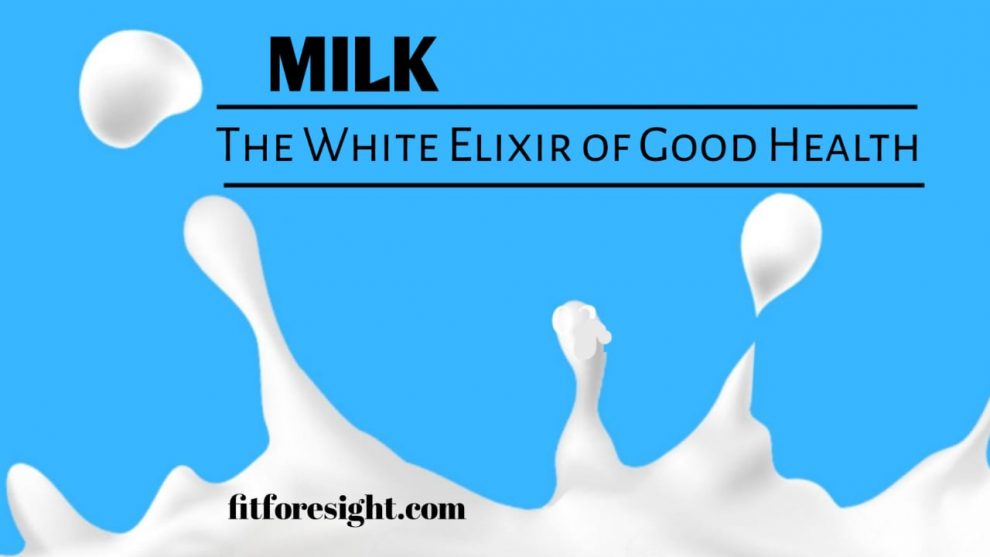Unveiling Its Surprising Benefits”
Introduction
Milk has been a staple in the human diet for thousands of years, valued not only for its creamy texture and delicious taste but also for its numerous health benefits. It’s no secret that milk is a rich source of essential nutrients, including calcium, vitamin D, protein, and more. In this article, we will explore the overall health benefits of milk and how it can contribute to a balanced and nutritious diet.
- Calcium for Strong Bones and Teeth
One of the most well-known benefits of milk is its high calcium content. Calcium is vital for maintaining strong bones and teeth. It plays a pivotal role in bone development and density, reducing the risk of osteoporosis and fractures, particularly in older adults. Drinking milk regularly can help ensure that your body receives an adequate supply of this essential mineral.
- Protein for Muscle Health
Milk is a rich source of high-quality protein. Protein is essential for building and repairing muscle tissue, making it an important component of an athlete’s diet. Moreover, protein can also aid in weight management by promoting a feeling of fullness and assisting in weight loss and muscle preservation during calorie restriction.
- Vitamin D for Bone Health
Milk is often fortified with vitamin D, which is crucial for calcium absorption. Together, calcium and vitamin D work synergistically to strengthen bones and reduce the risk of bone-related conditions, such as rickets in children and osteoporosis in adults. Adequate vitamin D intake is particularly important for individuals who live in regions with limited sunlight exposure.
- Complete Nutrition for Children
Milk is an excellent choice for children and adolescents due to its comprehensive nutrition profile. It provides essential nutrients like calcium, protein, vitamin D, and other vitamins and minerals necessary for healthy growth and development. Children who consume milk are more likely to achieve their daily nutritional requirements, ensuring they have a strong foundation for overall health.
- Weight Management
Contrary to the belief that milk can lead to weight gain, research has shown that dairy consumption can support weight management. The protein and other nutrients in milk contribute to feelings of fullness, potentially reducing overall calorie intake. Low-fat or skim milk options are available for those concerned about their calorie intake.
- Cardiovascular Health
While there has been some debate about the impact of saturated fats in whole milk on heart health, low-fat and skim milk options provide the same nutrients without the saturated fat content. These choices can contribute to a heart-healthy diet by helping to reduce overall saturated fat intake, lower cholesterol levels, and decrease the risk of heart disease.
- Hydration
Milk is not only a source of essential nutrients but also a hydrating beverage. It contains a high water content, making it an effective way to stay hydrated, especially in situations where water is not readily available. Staying properly hydrated is vital for overall health and well-being.
- Potential Mental Health Benefits
Emerging research suggests a potential link between milk consumption and improved mental health. Milk is a source of tryptophan, an amino acid that plays a role in serotonin production, which is a neurotransmitter associated with mood regulation. While more research is needed in this area, it highlights the potential of milk in promoting mental well-being.
Conclusion
Milk, with its wealth of nutrients, can contribute significantly to overall health and well-being. Whether you’re looking to support your bone health, build muscle, maintain a healthy weight, or ensure your child’s proper development, milk offers a plethora of benefits. As with any food, moderation is key, and individuals with lactose intolerance should seek suitable alternatives. Incorporating milk into a balanced and varied diet can be a simple yet effective way to enhance your overall health.

























Add Comment